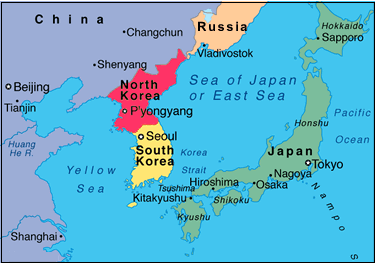7667766266
enquiry@shankarias.in
What is the issue?

What is the historic prespective to the Koran crisis?
What caused the recent tensions?
What are the evolving diplomatic engagements?
What are the expectations of various stakeholders?
Source: The Hindu